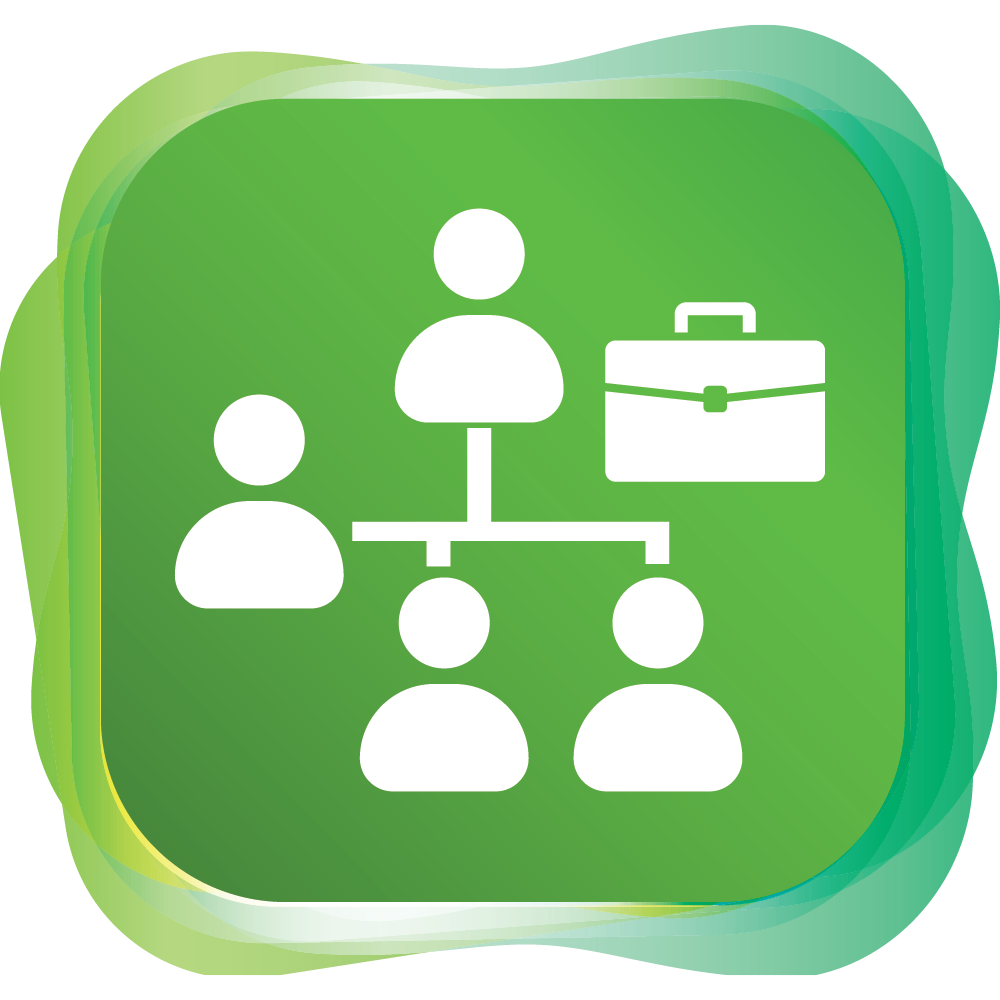 |
CCGL9067 Global IssuesCompanies and People: Friends or Foes? |
[This is a certified Communication-intensive (Ci) Course which meets all of the requirements endorsed by HKU’s Senate, including i) the teaching and assessment of visual and digital communication ‘literacies’; and ii) at least 40% of the course grade assigned to communication-rich assessment tasks.]
Course Description
Do you know the differences between “businesses,” “companies,” and “corporations”? This course will explore how individuals and groups of people came to transact business through companies, and what the increasing impacts have been of corporate growth on the world. The invention of the “company” as a way to do business has been pivotal to dramatically raising living standards around the world and spurring innovation in countless industries. Today, nearly every business larger than a street vendor is conducted through a corporate form, and most people living in industrialized nations are employed by companies. Yet as companies have grown ever richer, they have increased in power and political influence, and heightened social inequalities, leading much of the public to put the blame for societal problems like climate change, wealth gaps, and recurring financial crises on companies (especially large, multinational firms).
This course will investigate the impact of the corporation on individuals and humanity, asking questions about how (or whether) societies should regulate corporations to enhance human welfare. Its assessments are designed to help students learn to respond logically and thoughtfully to these issues, as well as to form real-world, transferable skills like different means of persuasion, crafting effective writing for a public, and forming mock companies.

Course Learning Outcomes
On completing the course, students will be able to:
- Evaluate the corporate structure and how it is governed and regulated.
- Articulate examples of how the activities of specific companies fit into issues that affect individuals, the community, and the larger world.
- Construct formal opinions about domestic and international policies related to corporations.
- Cogently form arguments relating to characteristics of the corporation its effect on individuals and society.
- Demonstrate an ability to actively participate in productive conversations about companies, individuals and local and global society.
Offer Semester and Day of Teaching
Second semester (Wed)
Study Load
| Activities | Number of hours |
| Lectures | 24 |
| Tutorials | 10 |
| Reading / Self-study | 48 |
| Assessment: Journal writing | 12 |
| Assessment: Essay / Proposal writing | 14 |
| Assessment: Video production | 20 |
| Total: | 128 |
Assessment: 100% coursework
| Assessment Tasks | Weighting |
| Journal writing | 20 |
| Proposal writing | 25 |
| Video production | 25 |
| Class participation | 30 |
Required Reading / Viewing
Required pre-class readings and viewings (students should be prepared to discuss):
Topic 2 – The History of the Corporation
- Bainbridge, S., & Henderson, M. T. (2016). Limited Liability: A Legal and Economic Analysis. Edward Elgar. [Chap. 1 “Introduction”]
Topic 3 – The Nature and Purpose of the Corporation
- Friedman, M. (1970). A Friedman Doctrine: The Social Responsibility of Business is to Increase its Profits. From https://www.nytimes.com/1970/09/13/archives/a-friedman-doctrine-the-social-responsibility-of-business-is-to.html
- Halburd, C. (2014). What is the Purpose of a Corporation? From http://www.purposeofcorporation.org/documents/project_outputs/gia-article-christopher-halburd.pdf
Topic 4 – Corporate Citizenship: Relationships with Regulators –
- Cerantola, A., & Ciurcanu, A. (2021). China’s State Tobacco Company is Massive at Home. Now it’s Ready to Take Over the World. From https://www.occrp.org/en/loosetobacco/china-tobacco-goes-global/chinas-state-tobacco-company-is-massive-at-home-now-its-ready-to-take-over-the-world
- Monsour, M. B. (2021). Losses to OECD tax havens could vaccinate global population three times over, study reveals. From https://taxjustice.net/2021/11/16/losses-to-oecd-tax-havens-could-vaccinate-global-population-three-times-over-study-reveals/
- The Economist. (2021). A Global Corporate Tax Deal Takes Shape. From https://www.economist.com/finance-and-economics/2021/07/02/a-global-corporate-tax-deal-takes-shape
Topic 5 – The Dark Side: Companies as Facilitators of Criminal Enterprises
- Soderbergh, S. (Director). (2019). The Laundromat. [Film]
Topic 6 – Focal Point – Corporations and the Environment
- FRONTLINE PBS. (2020). Plastic Wars. [Frontline documentary]
Topic 7 – The Corporation as a Good Citizen
- McKinsey Global Institute. (2021). A New Look at How Corporations Impact the Economy and Households.
- The Economist. (2019). Climate Change Has Made ESG a Force in Investing. From https://www.economist.com/finance-and-economics/2019/12/07/climate-change-has-made-esg-a-force-in-investing
- The Economist. (2022). A History and Defence of Venture Capital in “The Power Law”. From https://www.economist.com/culture/2022/01/22/a-history-and-defence-of-venture-capital-in-the-power-law
Topic 8 – The Future of Global Corporations
- Reichert, J., & Bognar, S. (Directors). (2019). American Factory. [Film]
- The Economist. (2018). AI Thinks like a Corporation and That’s Worrying. From https://www.economist.com/open-future/2018/11/26/ai-thinks-like-a-corporation-and-thats-worrying
Course Co-ordinator and Teacher(s)
| Course Co-ordinator | Contact |
| Mr B.L. Lefler Faculty of Business and Economics (Accounting and Law) |
Tel: 3917 4218 Email: blefler@hku.hk |
| Teacher(s) | Contact |
| Mr B.L. Lefler Faculty of Business and Economics (Accounting and Law) |
Tel: 3917 4218 Email: blefler@hku.hk |

